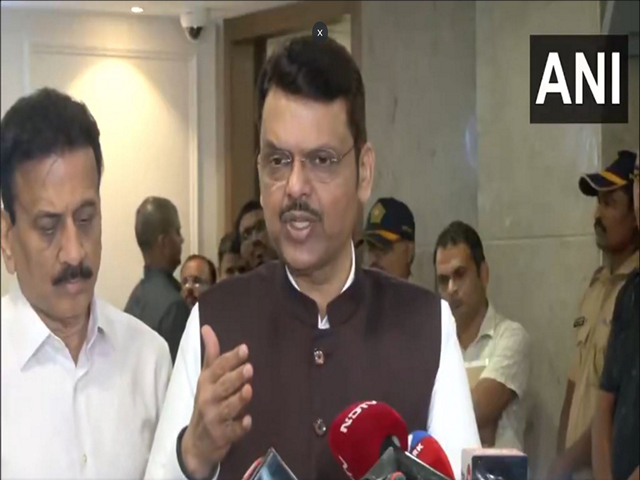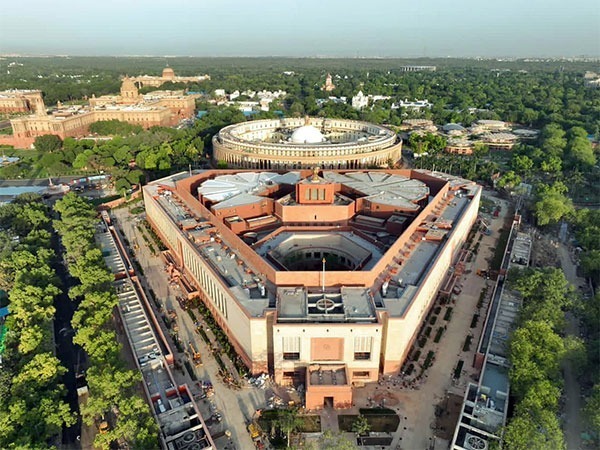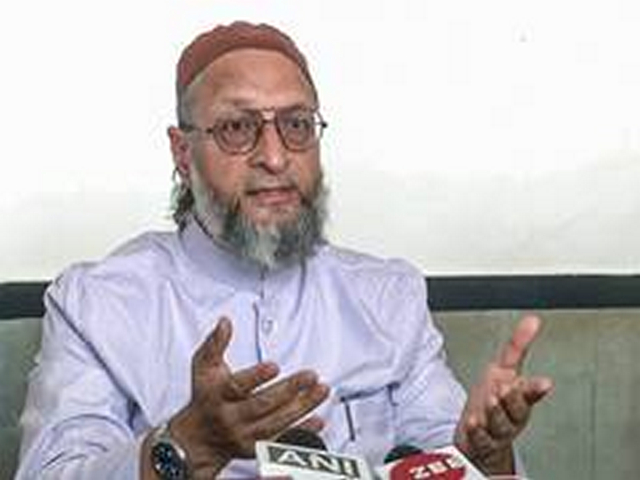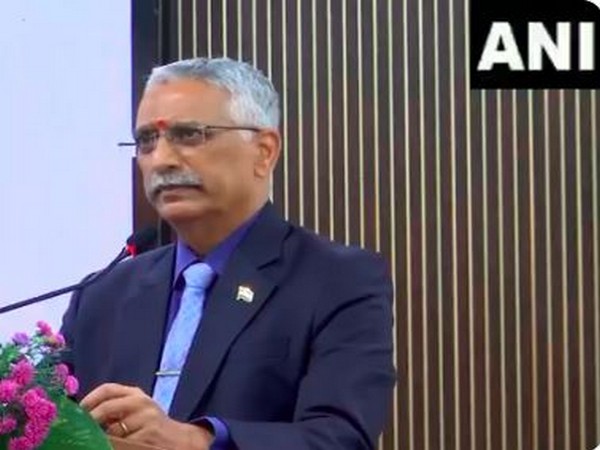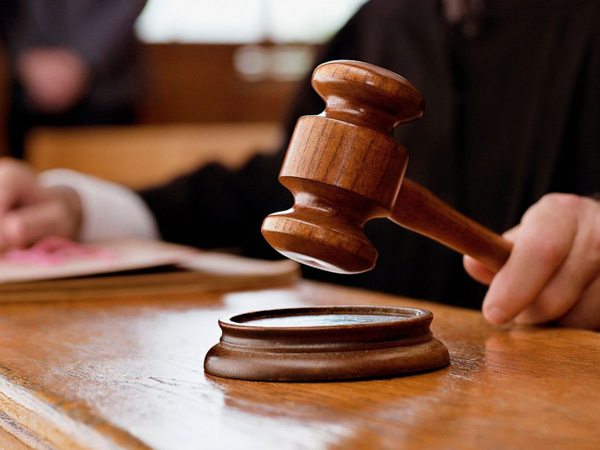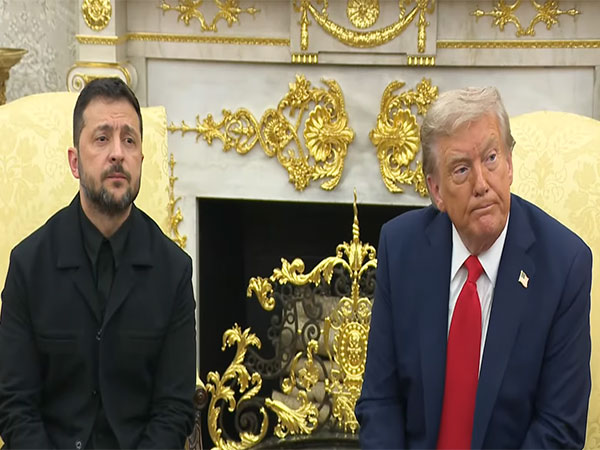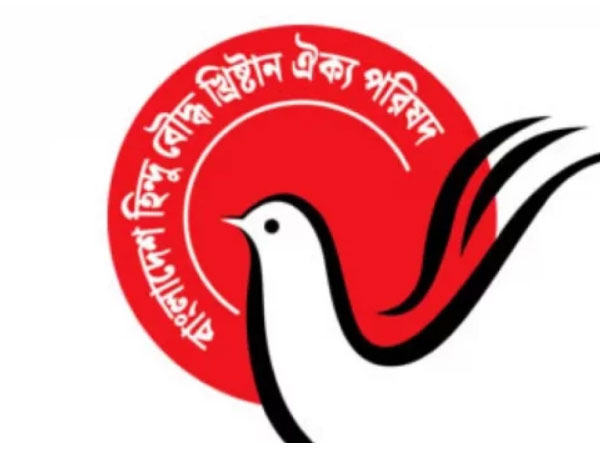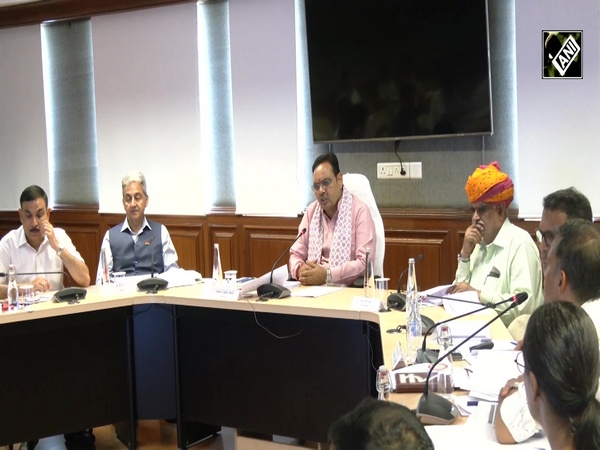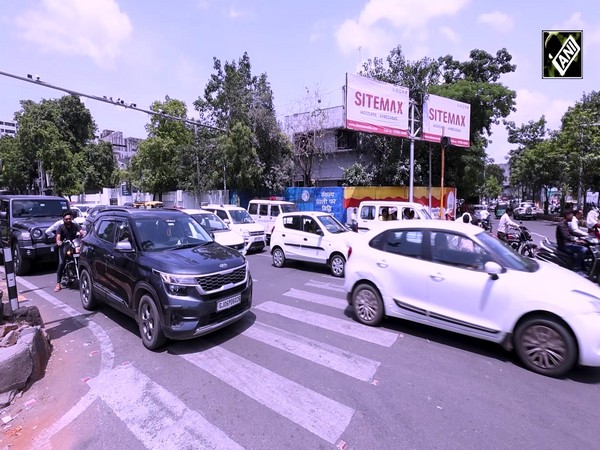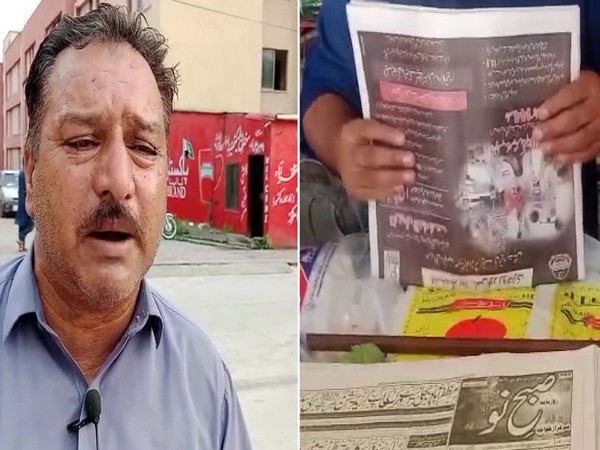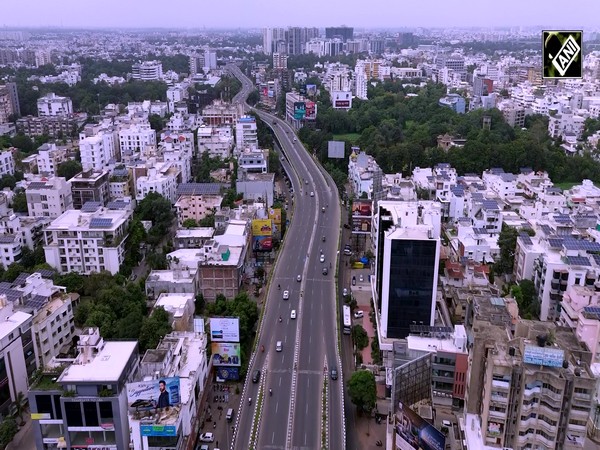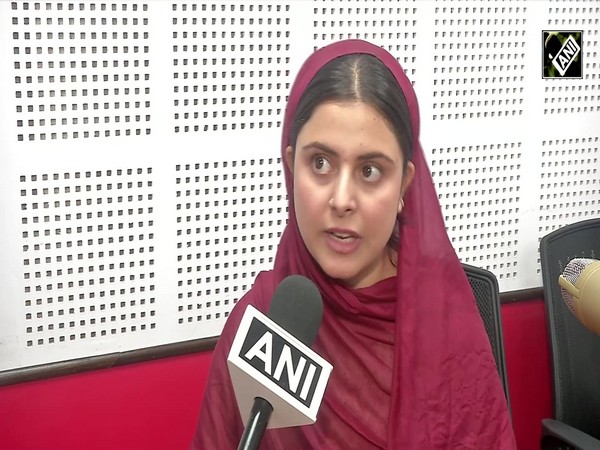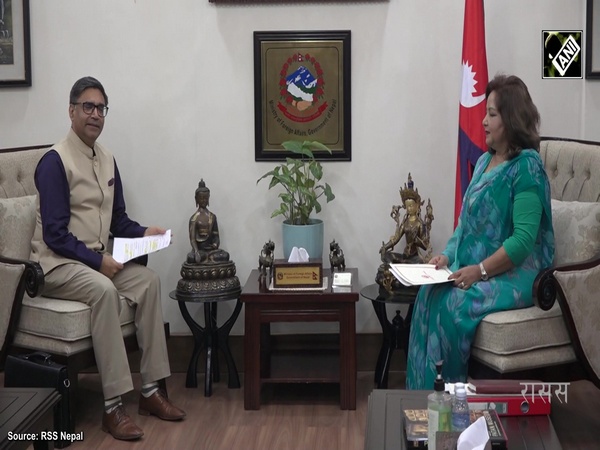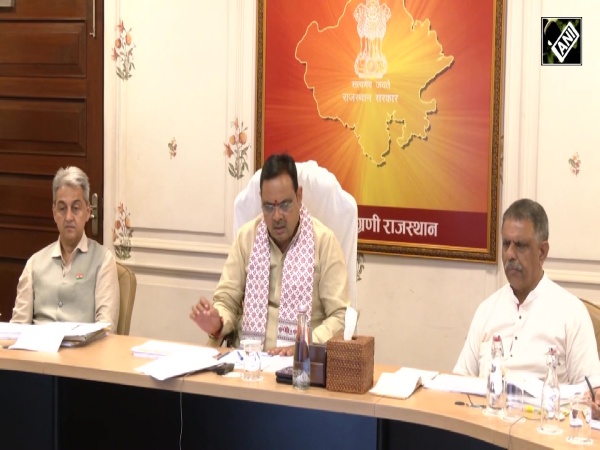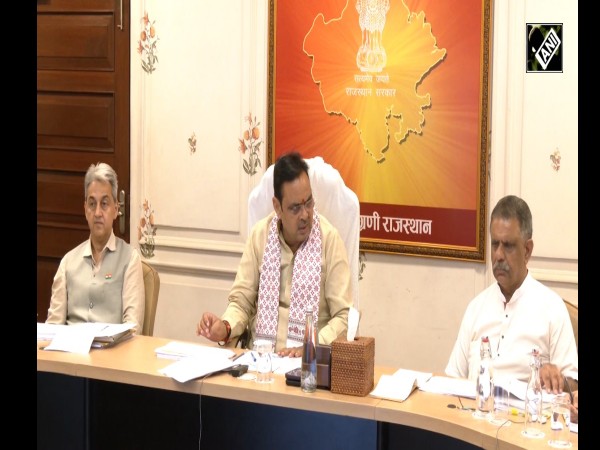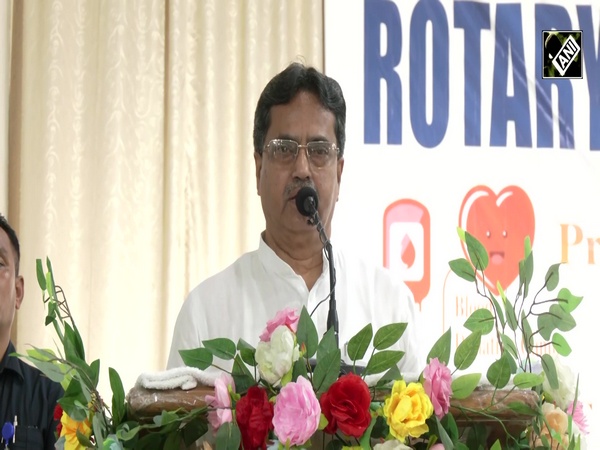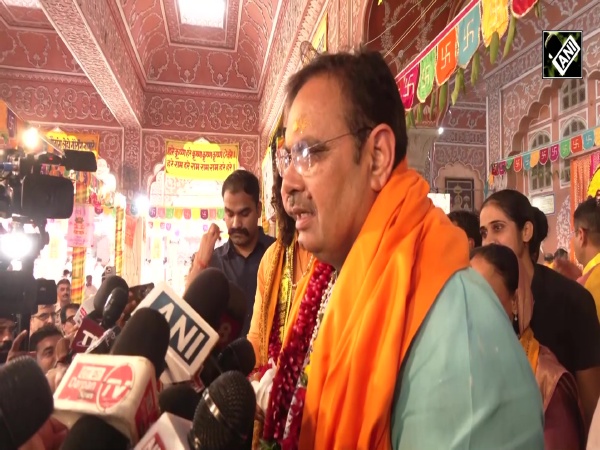Make final plan for 'Permanent Political solution' in Hills: Mamata Banerjee urges North Bengal leaders
Oct 26, 2021

Kurseong (Darjeeling) [India], October 26 : West Bengal Chief Minister Mamata Banerjee on Tuesday urged the leaders of the Hills to make a final plan for "Permanent Political solution (PPS)" while adding that the Panchayat polls and Gorkha Territorial Administration (GTA) polls can be held only after the PPS.
Banerjee is on a visit to North Bengal.
Addressing the gathering, the chief minister said, "I request the hill leaders to make a final plan for hills-'Permanent Political solution' (PPS) and then we will go for Panchayat polls and Gorkha Territorial Administration (GTA) polls...Outsiders are creating problems in the hills, not the insiders."
North Bengal had witnessed a lot of socio-political turbulence like the Gorkhaland movement. A separate state of 'Gorkhaland' has been a long-standing demand of Nepali-speaking Gorkhas since 1907 on the grounds that they are culturally and ethnically different from West Bengal.
Opposing the Centre's decision to increase search and arrest jurisdiction of Border Security Force (BSF) in border states, Banerjee further said law and order is a state subject and West Bengal's borders with Bangladesh were completely peaceful.
The Chief Minister also said her government will go by the "state laws".
"I respect the forces but they cannot intentionally harass people in the name of security. I have already written a letter to the Centre opposing the BSF jurisdiction issue. Our border areas are completely peaceful. We do not need their involvement," she said.
The Centre had earlier this month empowered the Border Security Force (BSF) to conduct searches, arrest suspects and make seizures up to an area of 50 km inside Indian territory from the International Border (IB) along India-Pakistan and India-Bangladesh borders.
The BSF, which was only empowered to take action up to 15 kilometers in the states of Punjab, West Bengal and Assam, has now been authorised to extend its jurisdiction up to 50 km without any hurdle or permission either from central or state governments.
